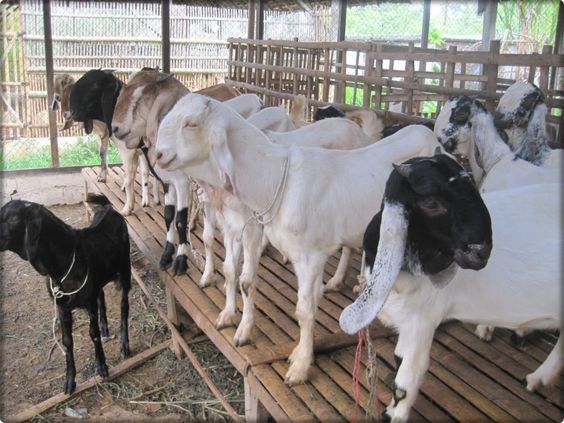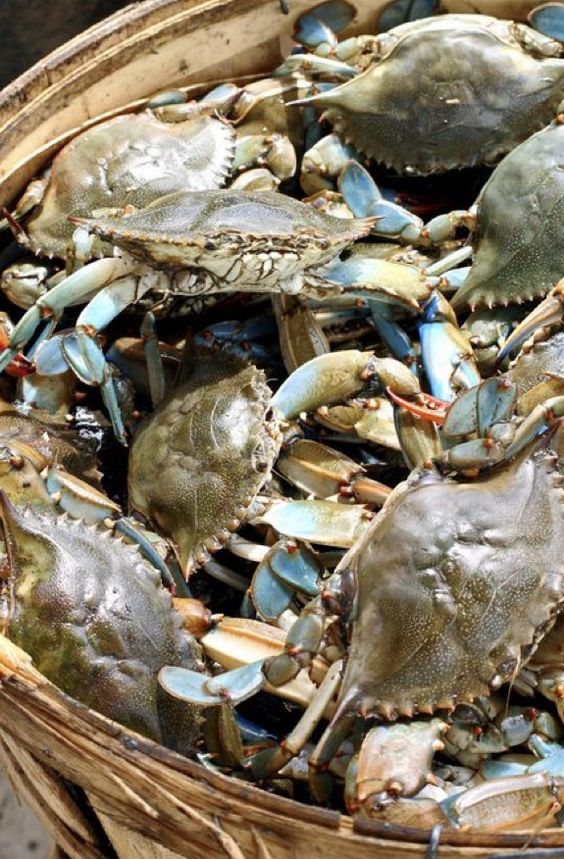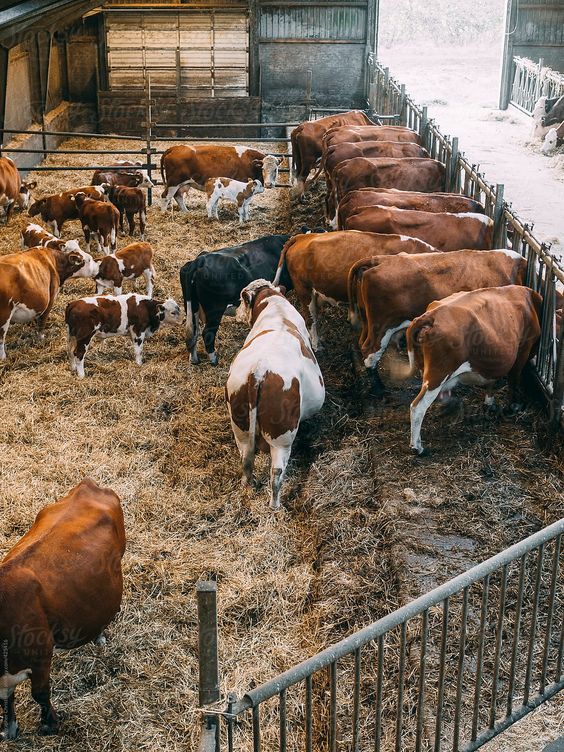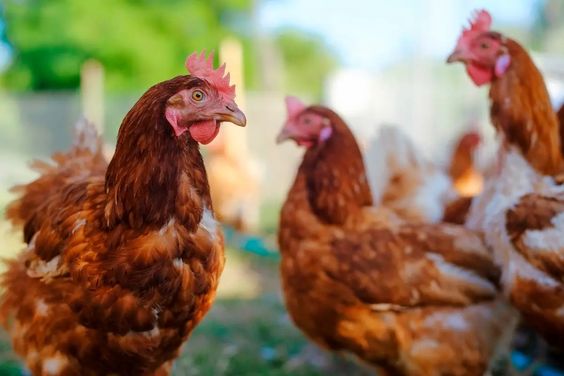Local Goats: A Multipurpose Farmyard Friend
Local Goats can have two meanings. In some cases, it refers to goats raised by local farmers, typically on a smaller scale and often utilizing sustainable practices. These goats might be any breed suited to the region’s climate and resources.
However, “local goat” can also signify a specific breed of goat that has adapted to a particular region over generations. These breeds are often prized for their hardiness, disease resistance, and suitability to the local environment.
This comprehensive guide dives into both aspects of local goats, exploring their characteristics, benefits of raising them, and some popular local goat breeds around the world.
The Rise of Local Goat Farming
The popularity of local goat farming is on the rise for several reasons:
- Sustainability: Local farmers often raise goats using sustainable practices. This might involve utilizing local feed sources, minimizing waste, and prioritizing the well-being of the animals.
- Fresh, High-Quality Products: Locally raised goats often produce milk, meat, and fiber of exceptional quality due to the focus on natural methods and care. Consumers are increasingly interested in knowing where their food comes from and supporting local agriculture.
- Versatility: Goats are remarkably versatile animals. They can be raised for milk, meat, fiber (cashmere, mohair), and even brush clearing. Their adaptability makes them suitable for a variety of farm sizes and goals.
Benefits of Raising Local Goat Breeds
There are numerous advantages to raising local breeds of goats:
- Hardiness: Local breeds are well-adapted to the climate, terrain, and available forage in their region. This translates to lower maintenance requirements and better overall health for the animals.
- Disease Resistance: Over generations, local breeds develop natural resistance to the diseases and parasites prevalent in their area. This reduces the need for medications and veterinary intervention.
- Efficiency: Local breeds are often known for their efficiency in terms of feed conversion. They can thrive on local vegetation, requiring less supplemental feed compared to some high-production breeds.
- Supporting Biodiversity: Raising local breeds helps preserve genetic diversity within the goat population. This is crucial for the long-term sustainability of goat breeds and their resilience to future challenges.
Popular Local Goat Breeds Around the World
Here are some examples of well-known local goat breeds from various regions:
- United States:
- Nigerian Dwarf: A small breed known for its docile temperament and high-quality milk production.
- Myotonic Goat: A unique breed with a muscle condition that makes them appear floppy. They are raised for meat and brush clearing.
- Europe:
- Saanen: A Swiss breed known for its exceptional milk production capabilities.
- Toggenburg: Another Swiss breed known for its distinctive brown and white markings and good milk production.
- Africa:
- West African Dwarf: A small, hardy breed known for its tolerance to harsh conditions and disease resistance.
- Boer Goat: A South African breed known for its excellent meat production qualities.
- Asia:
- Black Bengal: An Indian breed known for its adaptability to hot, humid climates and good milk production.
- Pashmina: A breed found in the Himalayan region, prized for its luxurious cashmere wool.
Finding Local Goat Breeders
If you’re interested in raising local goats, here are some tips for finding breeders in your area:
- Contact your local agricultural extension office: They can provide information on local goat breeds and breeders.
- Search online directories: Several online resources list breeders of specific goat breeds, including local varieties.
- Attend local farmers markets: Talk to goat cheese or meat producers – they might raise their own goats or know of local breeders.
Caring for Local Goats
While local breeds are generally hardy, proper care is essential for their well-being and productivity. Here are some key aspects:
- Housing: Provide a clean, dry shelter with adequate ventilation and space for the goats to move around comfortably.
- Fencing Local Goats: Ensure the goats have secure fencing to prevent them from escaping or predators from entering.
- Feeding Local Goats: Local goats can often thrive on forage, but they might also need supplemental feed depending on the breed, age, and production goals. Consult with a veterinarian or experienced goat breeder for specific feeding recommendations.
- Water: Provide fresh, clean water readily available at all times.
- Veterinary Care: Schedule regular checkups with a veterinarian familiar with goats. This helps maintain good health and prevent potential problems.
Conclusion
Local goats, whether referring to a breed adapted to a specific region or raised on a farm using local feed, offer a sustainable and rewarding addition to your agricultural endeavors. By understanding their unique needs and the benefits they provide, you can create a harmonious relationship with these versatile and fascinating farmyard friends.






